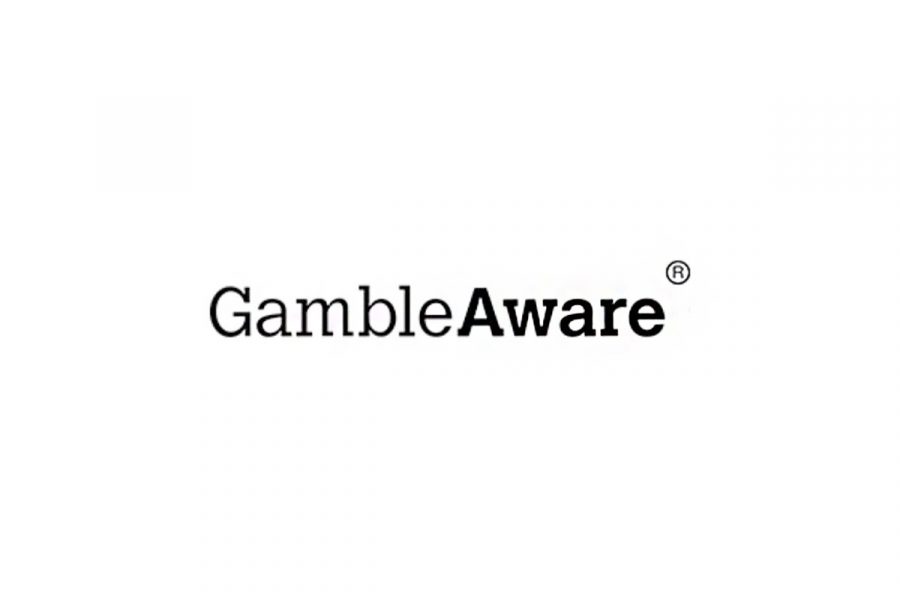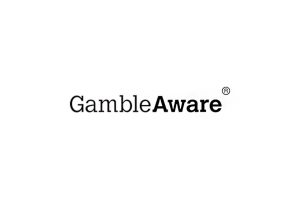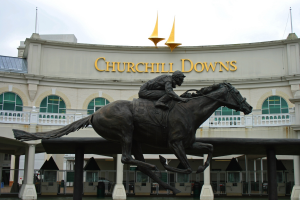Research finds link between gambling problems and discrimination

GambleAware has reported on new research as it hosted its annual conference.
UK.- The industry-backed grant-making body GambleAware has published the results of new research into discrimination and problem gambling. The publication came as the charity hosted its annual conference yesterday.
The new research conducted by Ipsos UK and ClearView Research found that people from minority communities who experience some form of gambling problem have 50 per cent more chance of also experiencing racism or discrimination in public. The study, which also involved the participation of the University of Manchester, focused on potential links between the two issues.
Some 2,999 people took part in the survey in England, Wales and Scotland: 1,779 white British people and 1,220 people from minority communities. GambleAware says some respondents identified a connection between discrimination and susceptibility to gambling harm, with racism and discrimination provoking more serious gambling, feelings of social exclusion, reduced employment opportunities and a higher risk of mental health issues.
Moreover, 18 per cent of people from minority backgrounds who gambled saw the activity as a “coping mechanism”. That compares to 6 per cent of white British people. The study also suggested that people from minority communities were less likely to talk to family and friends about gambling and less comfortable talking to support services or healthcare providers.
Some mentioned a lack of trust in healthcare providers and support services due to experiences of discrimination, while a lack of awareness of where to turn for gambling support was also identified.
GambleAware CEO Zoë Osmond said: “Gambling harms can affect anyone, but they can be more common and more damaging in communities that face social inequality – such as these minority groups. Fortunately, help is out there.
“The National Gambling Support Network offers confidential, tailored support for people from all backgrounds. It also does a lot of community outreach to raise awareness and increase early intervention, so that people from all backgrounds know where to turn and can get help before gambling problems turn into an addiction.”
Andrew Rhodes hopes for “different tone” with the gambling sector
The report comes as GambleAware hosted its annual conference yesterday. Gambling Commission chief executive Andrew Rhodes gave a speech at the event. He highlighted the “step change in the gambling industry’s commitment to meeting our standards and comply with our rules” in the last two years, noting a reduction in the most extreme and unacceptable examples of failings.
He said he now hoped for a “different tone” with the gambling sector. He said: “I have been clear since I started at the Commission that step one for gambling operators was compliance and eliminating the worst and most extreme cases of gambling harms. Progress on that, movement away from constantly needing to fight to enforce minimum standards and compliance will mean more space. Space to discuss what are actually more challenging issues. And that is where we have arrived today.
“And that brings me back to GambleAware’s very well-thought-out theme for today. At the Gambling Commission we are always clear that we are open to working with others who share our aims of safer, fairer and crime free gambling. Where better outcomes for consumers and those at risk can be achieved through quick and smart collaboration we will always welcome that approach.”
Rhodes highlighted the GamProtect scheme, saying that it was “already seeing those most at risk of very serious health-related harm through their gambling benefiting from a multi-operator approach across the biggest gambling companies, whilst all their personal data is protected”. He also stressed that the Gambling Commission will be working with other gambling regulators around the world.










